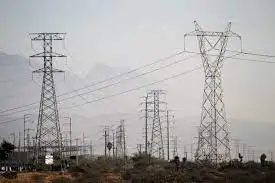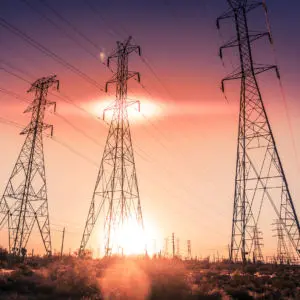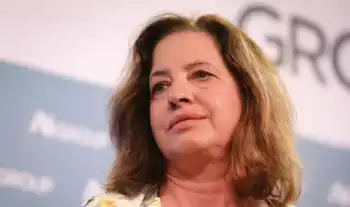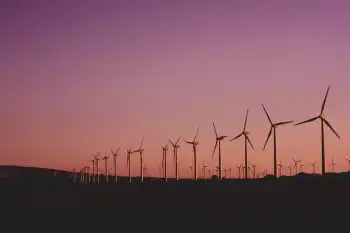Leader at E.ON urges Germany to keep nuclear plants
Wulf Bernotat, chairman of the European energy powerhouse E.ON, said during an interview here that it was "questionable" whether Merkel's government of conservatives and Social Democrats could realize its environmental ambitions without reversing its policy on nuclear energy, which provides power with only minimal atmospheric contributions of carbon dioxide, the main global warming gas.
The government has vowed to increase the amount of power generated by renewable energy sources, including wind and solar power, to 30 percent by 2020 from 14 percent.
At the same time, it has promised to reduce Germany's carbon dioxide emission levels in 2020 by 40 percent compared with 1990 levels.
That timetable coincides with the planned shutdown of all but one of Germany's 17 nuclear power plants, a policy that was part of an agreement negotiated between the energy companies and a coalition led by the Social Democrats and Greens in 2000.
Merkel, sworn in as conservative Chancellor in November 2005 and a supporter of nuclear power, nonetheless agreed to continue that policy as the price for establishing a coalition with the Social Democrats.
But Bernotat, who represents a part of the German energy sector that strongly defends the continuation of nuclear energy, said Merkel's government, particularly her Social Democratic partners could not have it both ways by wanting to reduce CO2 gases while ending the use of nuclear plants. Nuclear energy makes up 12 percent of Germany's primary supply and over a quarter of electricity generation.
The International Energy Agency in Paris, in a recent report on Germany, also questioned the cost to Germany's energy security, energy efficiency and environmental sustainability if the nuclear plants are closed.
Bernotat said the Social Democrats "will have to decide what they really want," as the attitudes of governments in Asia and Europe were shifting in favor of using more nuclear power.
"Nuclear energy is free of CO2 gases, it is independent of resources, it would lead to dramatic fall in prices and subsidies, and it is protected from price volatility," Bernotat told a group of foreign correspondents based in Berlin.
Merkel has publicly adhered to the coalition accord, fearing any backtracking would be exploited by the Social Democrats and the opposition Greens and Left Party, which are all vehemently against continuing nuclear power.
When she attended the Group of 8 summit meeting of the leading industrialized countries this week in Japan, Merkel refrained from supporting calls to increase the use of nuclear energy as a means of curbing energy prices and tackling climate change. She echoed the position of several energy experts, including Amory Lovins of the Rocky Mountain Institute, arguing that nuclear power amounted to a short-term fix that did little to prepare for the long-term need to rely increasingly on renewable energy. That is a position she has publicly championed since taking office.
Still, it does not entirely reflect her own views. Merkel told top party officials last month that the decision originally made by her Social Democrat predecessor, Gerhard Schröder, "was absolutely wrong."
Had she spoken out in favor of nuclear energy, she would have been criticized at home for reneging on the coalition accord. As a result, Merkel found herself "isolated" at the summit meeting because of her stance on nuclear power, the German media reported.
Annette Schavan, the conservative technology minister, has taken the lead in the government in defending the continued use of nuclear power. "We need to exit the exit solution," Schavan told Bild am Sonntag last week. "We urgently need the life-span expansion as a contribution to global climate protection and for a more lasting energy policy."
She countered accusations from the Greens that Merkel's conservatives want to build new power stations. "In Germany today, the issue is not about building new nuclear power plants but who can say whether that will still apply in 10 years," she added.
Related News
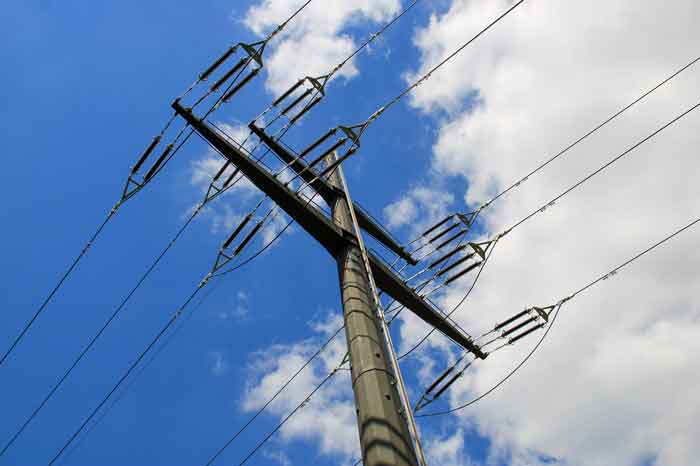
A New Era for Churchill Falls: Newfoundland and Labrador Secures Billions in Landmark Deal with Quebec
QUEBEC - St. John's, Newfoundland and Labrador - In a historic development, Newfoundland and Labrador (NL) and Quebec have reached a tentative agreement over the controversial Churchill Falls hydroelectric project, potentially unlocking hundreds of billions of dollars for the Atlantic province. The deal, announced jointly by Premier Andrew Furey and Quebec Premier François Legault, aims to rectify the decades-long imbalance in the original 1969 contract, which saw NL receive significantly less revenue than Quebec for the province's vast hydropower resources.
The core of the new agreement involves a substantial increase in the price that Hydro-Québec pays for electricity generated at…


